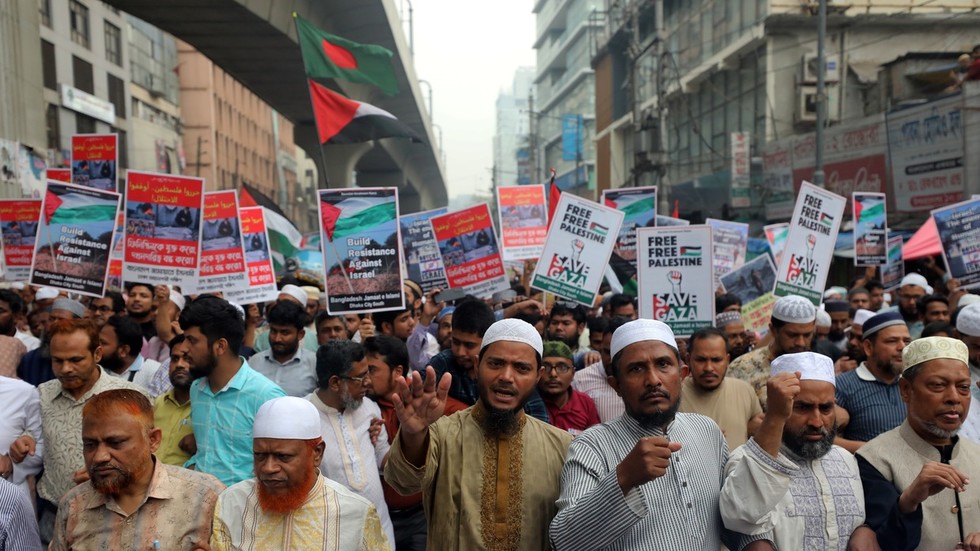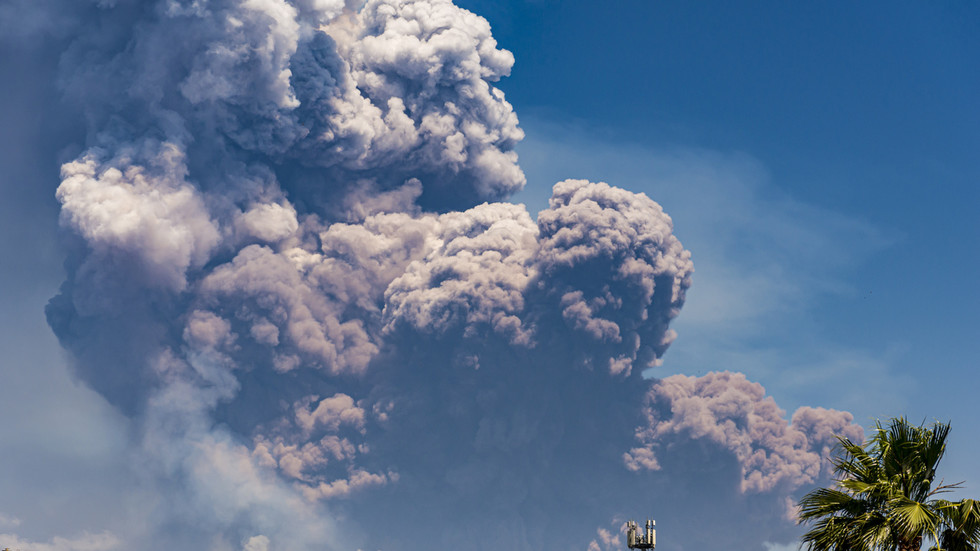Women’s organisations operating in crisis settings are being pushed to the brink by widespread funding cuts. In a report published on Tuesday, UN Women – the UN agency for gender equality – warned that 47 per cent of these groups may be forced to close within the next six months.
Across 73 countries, 308 million people now rely on humanitarian aid – a number that continues to rise. Women and girls are disproportionately affected by these crises, facing preventable pregnancy-related deaths, malnutrition, and alarming levels of sexual violence.
Despite the growing need, the humanitarian system is facing severe funding shortfalls, threatening life-saving services for women and girls.
Programmes suspended
According to a UN survey conducted among 411 women-led and women’s rights organizations providing services in crisis areas, 90 per cent have already been hit by funding cuts.
A staggering 51 per cent have been forced to suspend programmes, including those that support survivors of gender-based violence.
Pushed to the brink, almost three-quarters of the organizations surveyed also reported having to lay off staff – many at significant levels.
Already underfunded even before the recent wave of cuts, women’s organizations serve as a “lifeline” for women and girls, particularly in crisis settings.
With these organizations serving as cornerstones of humanitarian response, Sofia Calltorp, Chief of UN Women Humanitarian Action, called the situation “critical”, as funding cuts threaten essential, life-saving services.
Local women’s leadership
Despite the growing challenges, women’s organizations remain unwavering – “leading with courage, advocating for their communities, and rebuilding lives with resilience and determination,” said the UN gender equality agency.
In light of the findings, UN Women recommends prioritising and tracking direct, flexible, and multi-year funding to local women-led and women’s rights organizations whose work is under threat.
Placing local women’s leadership and meaningful participation at the centre is a core pillar of a humanitarian reset. “Supporting and resourcing them is not only a matter of equality and rights, but also a strategic imperative,” said Ms Calltorp.
Where next?
Latest news
Read the latest news stories:
- Hungary's LGBTQI Amendment an Affront to Human Rights, Say Activists Tuesday, May 13, 2025
- UN80 Initiative: Equipping the Organization in an Era of Extraordinary Uncertainty Tuesday, May 13, 2025
- UN’s Proposed Structural Changes Laid Out in a “Strictly Confidential” Internal Document Tuesday, May 13, 2025
- Half of women’s organizations in crisis zones risk closure within six months Tuesday, May 13, 2025
- GAZA LIVE: 'Humanity, the law and reason must prevail' in Gaza, UN relief chief tells Security Council Tuesday, May 13, 2025
- US deportations raise serious human rights concerns Tuesday, May 13, 2025
- Number of internally displaced breaks new record with no let-up in conflicts, disasters Tuesday, May 13, 2025
- As funding cuts bite, UN chief announces new dawn for peacekeeping Tuesday, May 13, 2025
- Gaza: 57 children reported dead from malnutrition, says WHO Tuesday, May 13, 2025
- UN aviation council finds Russia responsible for downing of Malaysian Airlines flight Tuesday, May 13, 2025
Link to this page from your site/blog
Add the following HTML code to your page:
<p><a href="https://www.globalissues.org/news/2025/05/13/39844">Half of women’s organizations in crisis zones risk closure within six months</a>, <cite>Inter Press Service</cite>, Tuesday, May 13, 2025 (posted by Global Issues)</p>… to produce this:
Half of women’s organizations in crisis zones risk closure within six months, Inter Press Service, Tuesday, May 13, 2025 (posted by Global Issues)

 2 weeks ago
7
2 weeks ago
7










 English (US) ·
English (US) ·